Panel Session Descriptions and Speaker Bios
Panel 1: Climate Change
Climate change is negatively impacting food security, agriculture and the provision of ecosystem services across many different mountainous regions worldwide. As an effect of widespread glacier shrinkage, the high mountains of the world are currently experiencing a historically unparalleled, large-scale environmental transformation, with profound and far-reaching impacts for landscapes, ecosystems and people. Considering the urgency of the environmental and climate crisis in mountainous regions, this session will consider recommendations to step up climate action to accelerate progress towards inclusive, resilient and sustainable mountain development. It will begin a series of panel discussions, convening meaningful dialogues between stakeholders and Mountain Partnership members.
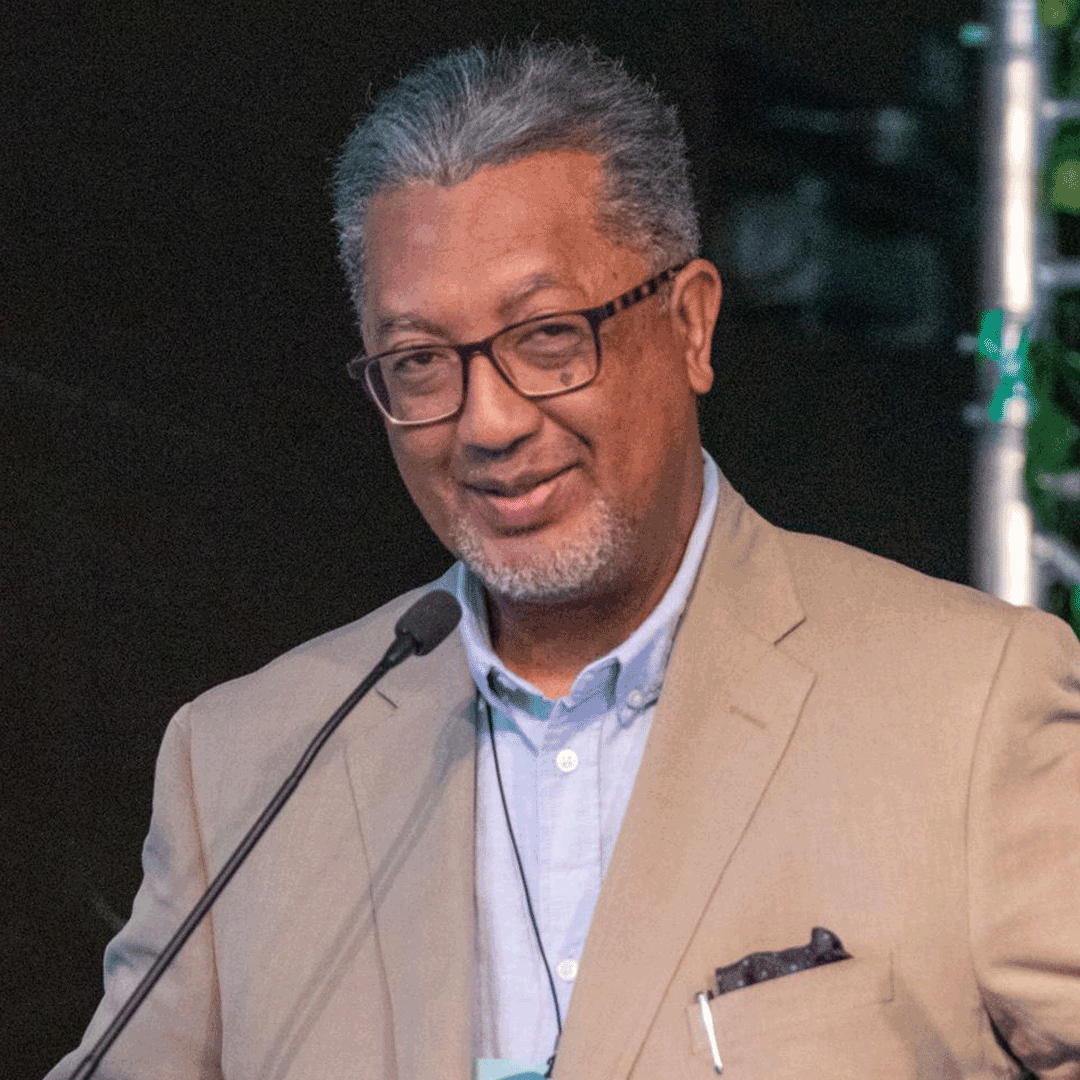
Richard James Randriamandrato, Minister of Foreign Affairs, Madagascar

Morgan Seag is the Global Mountains Director for the International Cryosphere Climate Initiative (ICCI). ICCI works to bring the latest science on Earth’s mountain and polar regions to policymakers, in order to spur ambitious global climate action to protect these regions and prevent global feedbacks. As Global Mountains Director, Morgan connects mountain cryosphere science to international policymaking forums, and supports governments, scientists, and organizations in mountain regions to achieve mitigation and adaptation goals. She holds a PhD in Geography from the University of Cambridge and a BA in Political Science from the University of Pennsylvania.

Basanta Raj Shrestha is the Director of Strategic Cooperation at the International Center for Integrated Mountain Development (ICIMOD) with the key portfolio to provide strategic management leadership and partnership development to bring about transformative change in ICIMOD`s mission – for mountains and people. He developed highly successful partnerships with the national institutions and strategic cooperation with key international agencies towards sustainable mountain development in the Hindu Kush Himalayan region. He has championed the successful partnerships with NASA and USAID to spearhead the SERVIR-Himalaya programme – a flagship initiative to bridge science, technology and innovation to mountain development challenges. In response to the Nepal earthquake in 2015, Mr. Shrestha led a major effort on the use of modern technology for earthquake disaster response and recovery to support the Government of Nepal.

Marc Rossell Soler is Secretary of State for Agriculture and Sustainability of Andorra. He holds a degree in physics and chemistry and a diploma in industrial quality certification from Paul Sabatier University in Toulouse. In 2001, he began his career in the Government of Andorra. His work experience has led him to carry out various management and public responsibility tasks in the field of the environment and environmental sustainability. He was a member of the Operating Committee and the Board of Directors of the Waste Treatment Center and the Board of Directors of Andorra Turisme. At the international level, he has represented Andorra in various international events and organizations (Ozone Convention, Landscape Convention, UNFCCC, RIOCC, CODIA). He is also a member of the Board of Directors of Feda Solucions.

Ana Vukoje currently works as an Associate Programme Officer in the Adaptation Division of the United Nations Framework Convention on Climate Change (UNFCCC) Secretariat. Before joining the UNFCCC, Ms. Vukoje worked with the United Nations Environment Programme (UNEP), focusing on climate change related projects in the Western Balkans, Caucasus and Central Asia (2015-2019) and on strengthening reporting on the environmental dimension of Agenda 2030 in the Asia Pacific region (2019-2021). Ms. Vukoje has also collaborated with the United Nations Economic Commission for Europe (UNECE) serving as the author of the climate change chapters of the 3rd Environmental Performance Reviews for North Macedonia and Uzbekistan. Ms. Vukoje holds a master’s degree in Law from the University of Padua, Italy.

Sam Cheptoris is the Minister of Water and Environment of Uganda since 2016. He is a seasoned educator with over 30 years of practice and a veteran politician with over 15 years of leadership at national and local government level. A true son of the mountains, the Honourable Minister Cheptoris was born and raised in Kapchorwa District in the foothills of Mount Elgon. He has actively promoted programmes to transform the livelihoods of the people of the Mount Elgon region as well as championed environmental conservation in Uganda and the East African Community where he is a member of the Council of Ministers.

Dinara Kutmanova is the Minister of Natural Resources, Environment and Technical Supervision of the Kyrgyz Republic. Prior to this appointment, Ms Kutmanova served in many roles, including Director of Development of Daidalus LLC, Director of Bishkek Sanitary Landfill Municipal Enterprise, Director of the State Agency for Environmental Protection and Forestry under the Government.

Thomas Hofer is a Senior Forestry Officer and the Team Leader Forest Biodiversity and Restoration at the Food and Agriculture Organization of the United Nations (FAO). A Swiss National, he studied Geography and Biology at the University of Berne. As assistant of Professor Bruno Messerli, he implemented his masters and PhD studies in the overall Himalayan Region with a special focus on watershed management and highland-lowland linkages. In 1997 and 1998, Thomas Hofer worked as Watershed Management Advisor at the International Centre for Integrated Mountain Development in Kathmandu. From 1998 to 2017, he was based in FAO Headquarters in Rome where he was responsible for FAO’s global program on watershed management, sustainable mountain development and forest hydrology. From 2012 to 2017 he also coordinated the Mountain Partnership Secretariat.
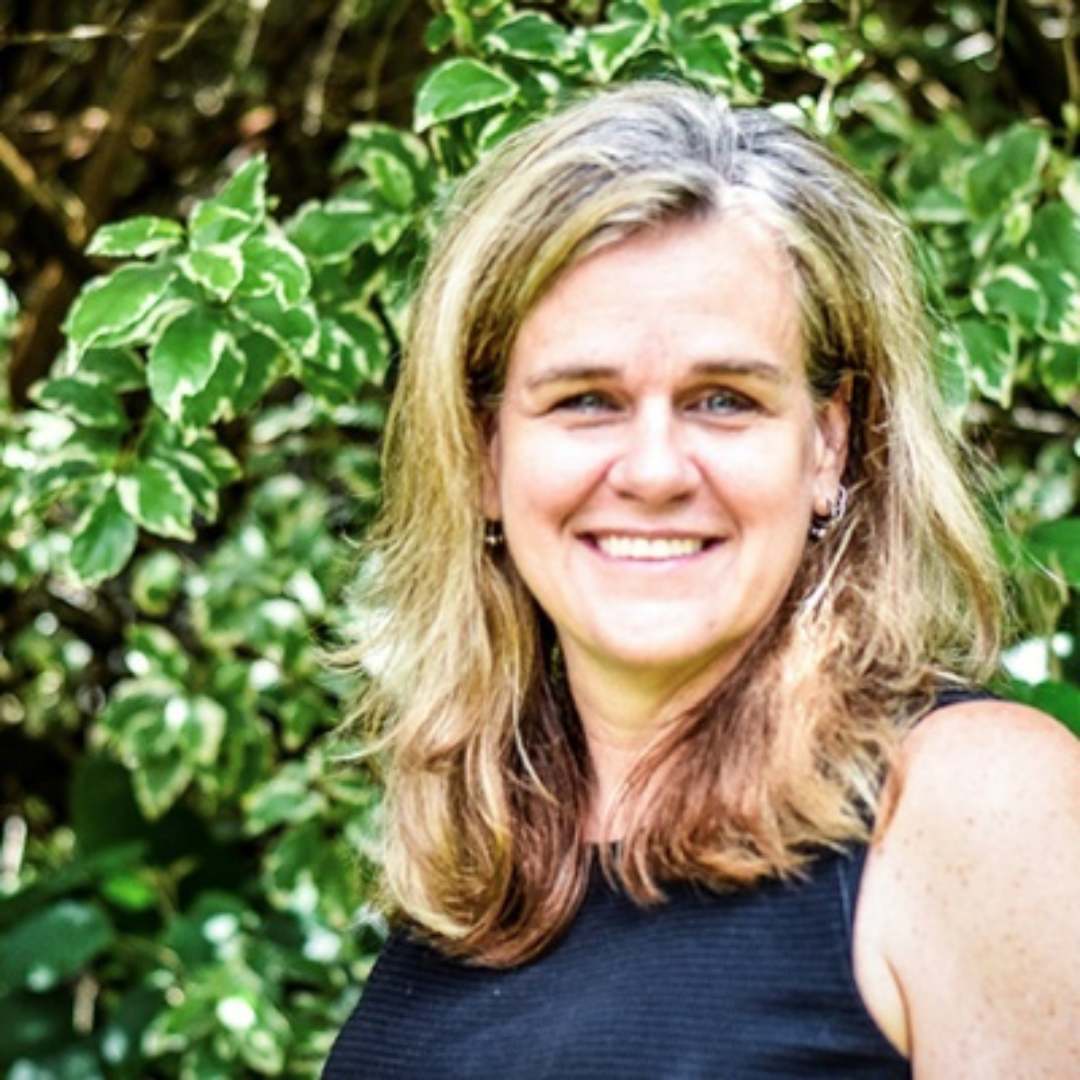
Doreen Robinson is the Head of Biodiversity and Land at UNEP’s headquarters in Nairobi, leading work in biodiversity, people and landscapes, one health and sustainable food systems transformation. She joined UN Environment Programme in 2018 as the Chief for Wildlife Management. She was the Regional Chief for Environment with the United States Agency for International Development in Southern Africa for nearly a decade overseeing programs in biodiversity, climate change, water and energy in 14 countries. She also served as Director of the Office of Environment, Rural Development and Food Security in Madagascar and a Senior Advisor for biodiversity policy and programs in Washington DC for USAID. She worked with NGOs earlier in her career, including World Wildlife Fund and spanning a range of locations around the world. She holds degrees in Conservation Biology and Sustainable Development from the University of Maryland and Animal Science from Cornell University.

Adriana Vidal is the Chair of the Global Partnership on Forest and Landscape Restoration and the Senior Policy Advisor, Climate Change at IUCN. She has 15 years of experience working with government agencies, partners and international global spaces advocating for and supporting enhanced policy frameworks for nature-based solutions in the forest and land-use sector. Adriana leads IUCN's land-based international policy work on climate change and biodiversity and provides expert advice for country-level policy influencing strategies and activities. Before joining IUCN in 2015, Adriana worked in the non-profit, public and private sectors in the U.S. and Peru providing legal counsel and policy advice on REDD+, forest conservation and environmental and social compliance involved in extractive industries. Adriana holds a J.D. degree from the Pontifical Catholic University of Peru and an LL.M in Environmental Law from New York University.

Patricia Breuer Moreno is a co-founder of Mujeres a la Cumbre and the Mountain Women of the World Network. With vast experience in social impact project management, Patricia have served as project manager and advisor for several projects related to education, communication, social entrepreneurship, sustainable development, public responsibility and sustainable tourism. She has extensive experience in facilitating capacity building workshops for social organizations and MSMEs. She is currently a senior consultant and executive coordinator of the Innovation and Impact Network with special focus on sustainable development for the Latin America and Caribbean Region. She is also the social manager of ImpactoUDD for the Faculty of Engineering at the Universidad del Desarrollo in Chile. Mountaineering and trail running are her greatest passions.

Giorgio Grussu is Project Coordinator for the Mountain Partnership Secretariat at the Food and Agriculture Organization of the United Nations (FAO) since 2012. Giorgio holds a PhD in Environmental Biology, a Master Degree in Environmental Engineering, a Master Degree in Environmental Policy, and a Graduate Certificate in Geographic Information Systems (GIS). Before joining FAO, he worked as an advisor on environmental issues with the Italian Development Cooperation, and as a project manager with the IUCN, UNEP and NGOs in Angola, Bosnia and Herzegovina, Kosovo, Morocco and North Macedonia.

Michel Julian is Senior Programme Officer at the Tourism Market Intelligence and Competitiveness Department, United Nations World Tourism Organization (UNWTO). His work there covers the analysis of current and future tourism trends. He contributes to the preparation of key UNWTO reports such as the UNWTO World Tourism Barometer. His field of work also includes the study of tourism products and segments, outbound markets and marketing techniques. He has coordinated joint research projects with the European Travel Commission’s Market Intelligence Committee, reflected in several technical handbooks and seminars. Mr Julian (Dominican Republic) studied economics and holds master’s degrees in International Economics and Tourism Economics from Toulouse School of Economics - Sciences Po.

Federico Mattei is an Italian economist who currently works as the Project Development and International Relations Officer for Slow Food as a scientific and technical writer, responsible for developing project ideas and seeking funding for them. Between 2010 and 2013, Federico worked as a Programme Research Specialist at Bioversity International where he provided scientific input to the Nutrition Programme in the Nutrition and Marketing Division. Federico has collaborated on and supervised several projects in sub-Saharan Africa. From 2004 to 2009, Federico worked in Buenos Aires, for Deloitte & Touche as a senior consultant working in the Public Sector Programme. He was responsible for interacting with government authorities throughout Latin America and supervised several projects both national and international. Before joining Deloitte, Federico worked for two years in China with Assicurazioni Generali, a multinational Italian insurance company.

François Pythoud is Special Envoy for International Sustainable Agriculture of the Swiss Federal Office for Agriculture. A plant biologist by training, he holds a PhD in natural sciences from the University of Fribourg, Switzerland. He has more than 30 years’ experience in international environmental and agricultural policy issues with special emphasis on sustainable development, natural resources management, biodiversity, biosafety, agroecology, innovation, food systems and green economy. From 2015 to September 2019, François Pythoud was Ambassador and Permanent Representative of Switzerland to FAO, IFAD and WFP. From 2016 to 2018, he chaired the FAO Committee on Agriculture. Until September 2015, he was Head of the International Sustainable Agriculture Division at the Federal Office for Agriculture. Previously, he worked at the Federal Office for the Environment on GMOs, Biotechnology and Biodiversity and as a researcher in USA and Switzerland. Last but not least. François Pythoud is involved in the Convention on Biological Diversity since 1995. Today he is a member of the Swiss delegation to the Post-2020 Global Biodiversity Framework negotiation.

Paola Agostini is Lead Natural Resources Management Specialist in the World Bank’s Europe and Central Asia Region Environment, Natural Resources, and Blue Economy Global Practice (ECA ENB). She leads programmes and projects in Central Asia that help reverse land degradation and increase resilience of people, ecosystems, and infrastructures. She also works in the Black Sea region on a program to reduce pollution and increase resilience to climate change. Paola is also coordinating the ECCA30 partnership to restore 30 million hectares of degraded landscapes in Europe, the Caucasus, and Central Asia by 2030. Previously, she was the Global Lead for Forests, Landscapes, and Ecosystems, working to improve connectivity of Protected Areas, forests, agroforestry, Rangeland, and agriculture land for increased productivity. Paola coordinated TerrAfrica, a regional partnership programme in over 26 Sub-Saharan countries that works to promote Sustainable Land and Water Management to reduce poverty, improve livelihoods, and encourage resilient landscapes development. She also served as the coordinator for the GEF Program in Latin America and Africa overseeing a portfolio of over 100 projects focused on Climate Change, Biodiversity, Land Degradation, Chemicals, and International Waters. She holds a Ph.D. in Economics from the University of California San Diego and a master’s degree in Economic and Social Sciences from Universita Bocconi, Milan, Italy.

Giorgio Grussu is Project Coordinator for the Mountain Partnership Secretariat at the Food and Agriculture Organization of the United Nations (FAO) since 2012. Giorgio holds a PhD in Environmental Biology, a Master Degree in Environmental Engineering, a Master Degree in Environmental Policy, and a Graduate Certificate in Geographic Information Systems (GIS). Before joining FAO, he worked as an advisor on environmental issues with the Italian Development Cooperation, and as a project manager with the IUCN, UNEP and NGOs in Angola, Bosnia and Herzegovina, Kosovo, Morocco and North Macedonia.

Gloria Schoch is currently the Executive Director of The VF Foundation and Senior Director of Global Impact at VF Corporation, a global leader in outdoor apparel and footwear, including iconic brands such as The North Face, VANS, Timberland, Smartwool, and Dickies. She is a social impact strategist with fifteen years of experience in corporate social responsibility, community affairs, government relations, and communications at global Fortune 500 companies. Gloria oversees The VF Foundation’s strategic vision to help create a more equitable and sustainable world. She works across the brands, enterprise and with community partners to innovate and problem-solve to address economic, social, and environmental challenges. She also drives community impact and measurement in collaborative ways to inform and advance transformative, systemic change for the betterment of people and planet in the communities where VF operates around the world.

Wende Valentine is the Executive Director of the dZi Foundation. She has spent the last 20 working with INGOs in Africa, Asia, and Central and South America. She spent over a decade in WASH with Water For People as a Regional Director for Africa and India and then as a Development Executive on the fundraising team. In 2013, she shifted her focus to support indigenous girls’ education, empowerment, and leadership as the Development Director for MAIA Impact in Guatemala. In January of 2021, she was offered the position of Executive Director of the dZi Foundation. dZi (pronounced ‘zee’) is a leading international development organization that has pioneered an effective, holistic community development model over the last 15 years to build more prosperous subsistence farming communities in Nepal. dZi’s holistic model produces many outcomes but most of dZi’s diverse programs ultimately contribute to increasing household income, contributing toward SDG 1, no poverty. Wende is rooted in the belief that multi-sectoral partnerships (public, private, and civil society) coupled with clearly and consistently measuring impact and outcomes over time is the key to sustainability.

Yoko Watanabe directs the GEF Small Grants Programme (SGP) at UN Development Programme (UNDP) as its Global Manager. SGP is one of the largest global funds dedicated to supporting innovative community actions that address global environmental issues with civil societies and communities-based organizations, including women, indigenous peoples, and youth groups. With a total budget of more than USD $1 billion, the programme is currently operational in over 125 countries with more than 24,000 projects. Yoko has over 25 years of professional experience working on biodiversity, natural resources management, and international development. Prior to joining the SGP, she worked at the Global Environment Facility (GEF) and held various key positions, including Heads of Asia Program and Gender/Social Inclusion Team. She also served as Program Manager on biodiversity, and passionate about saving endangered species and places with local communities. Yoko also worked at the World Wide Fund for Nature (WWF), as its Conservation Director at the Mongolia Country Office and later as a Senior Advisor on Multilateral Relations at the US Office.

María Rosa Cárdenas Tomažič is a geographer from the Pontificia Universidad Católica de Chile, an MSc candidate in Sustainable Development at the University of Sussex (UK). She joined UNESCO in 2004, first in the World Water Assessment Programme and then to work on projects related to the management of UNESCO sites (Biosphere Reserves and World Heritage) with the use of space technologies. Since 2012 she works at the Secretariat of the UNESCO's Man and the Biosphere (MAB) Programme where she coordinates the activities of the Network of Biosphere Reserves of Iberoamerica and the Caribbean (IberoMAB) and since 2021 she coordinates the recently launched World Network of Mountain Biosphere Reserves.

Matthias Jurek works as Programme Management Officer with UNEP and manages flagship projects and initiatives related to sustainable mountain development focusing on climate change adaptation, biodiversity conservation, environmental governance and innovative partnerships. He spearheads several initiatives in mountain regions including the Andes, Central Asia, Caucasus and East Africa. Matthias works closely with units and divisions across UNEP as well as the collaborating centre GRID-Arendal. Matthias currently manages several programmes promoting climate-smart wildlife conservation, Ecosystem-based adaptation and governance as well as leads UNEP`s “Mountain Advocates” initiative that aims to promote sustainability in the mountain sports and outdoor sector. Matthias graduated in law at the University of Vienna, specializing in international law and relations with a focus on environmental issues.
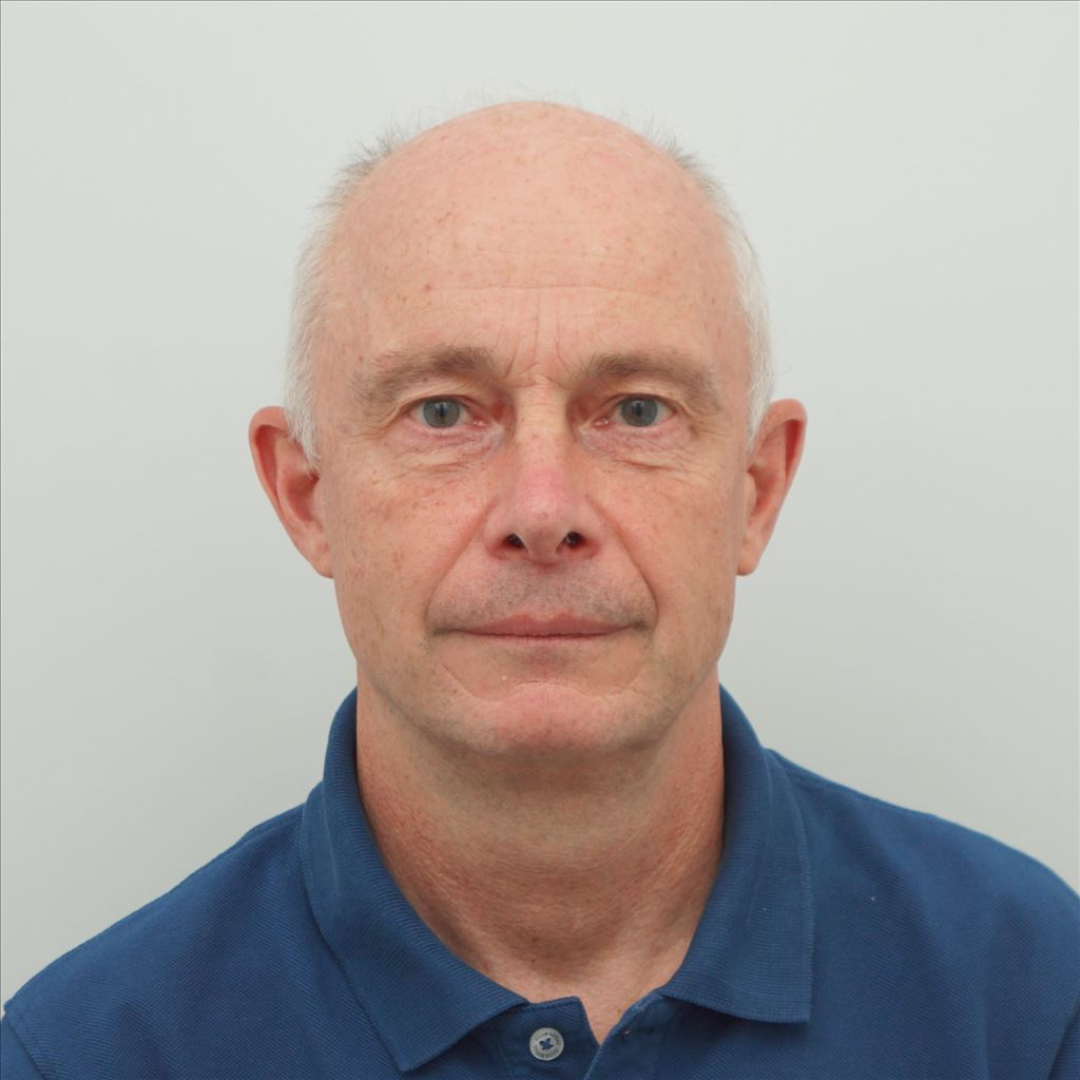
Wolfger Mayrhofer is the Deputy Secretary General of the Alpine Convention. He was the former Legal adviser in the Permanent Secretariat of the Alpine Convention from 10/2014 – 10/2021. Prior to joining the Alpine Convention, he was the Legal Officer in the department for European Integration, Regional Administration of Tyrol/Austria (01/2013 – 09/2014), Legal adviser in the Permanent Secretariat of the Alpine Convention (01/2004 – 12/2012), the Legal Officer in the departments for European Integration, environmental protection, road and railway law, coordination of economic policy, Regional Administration of Tyrol/Austria (04/1995 – 12/2003). From 06/1994 – 03/1995 Wolfger worked as a freelance translator in the chemical industry and also as a legal clerk at Innsbruck Regional Court / Austria (11/1992 – 05/1994).
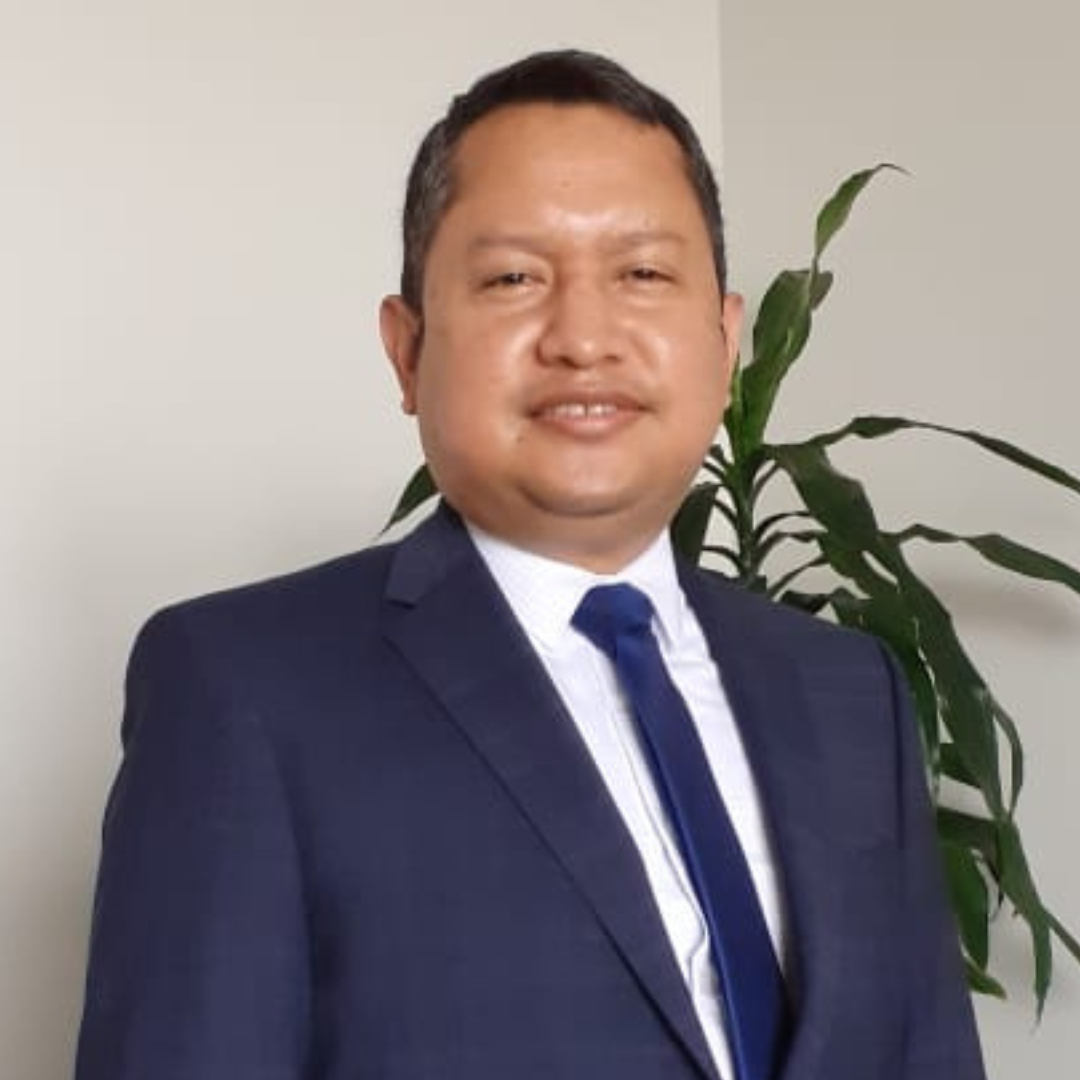
Carlos Jaime Montoya Montero studied at the Diplomatic Academy of Peru where he obtained a Master's degree in International Relations and Diplomacy. He is also a lawyer, graduated from the Pontifical Catholic University of Peru. He is currently the Deputy Director of Global Environmental Affairs, of the Department of Environment, in the Ministry of Foreign Affairs of Peru, where he is responsible for the topic of Mountains, and National Focal Point of Perú under "The Andean Mountain Initiative".

Veronica Țaran Baciu is General Director of the National Agency of the Mountain Area of Romania. She has been active in the central state system for 12 years, holding the positions of ex-ante verification expert, project officer on programs with European funding, and head of the financial service. In 2019, she became director of the Strategy Directorate within the National Agency for the Mountain Area, having a significant contribution to the development of policies regarding the sustainable development of the mountain area in Romania. From 2020, she holds the position of general director of the National Agency for the Mountain Area, a public institution subordinated to the Ministry of Agriculture and Rural Development, whose main activities are policies and strategies to develop and protect the mountain area, the management of the Mountain Product quality scheme, the establishment Massif Committees and the National Mountain Council.
Panel 2: Alliances, advocacy, processes and United Nations conventions
With less than eight years to the expiration of the 2030 Agenda for Sustainable Development, it is necessary to accelerate solutions to the world's biggest challenges, including in mountains. Mountain stakeholders have implemented actions at all levels, to build the resilience of mountain communities, build sustainable food systems and increase the conservation and restoration of mountain resources with the goal of leaving no one behind. However as the effects of climate change and the loss of biodiversity increase, more coordinated dialogue and alliances are required. This session will consider the urgency of the environmental crisis in mountain regions as reflected in the IPCC Sixth Assessment Report Cross-Chapter on Mountains. It will look at the how to mainstream the conservation of mountain biodiversity in the Convention on Biological Diversity (CBD)’s post-2020 Global Biodiversity Framework (GBF) and its monitoring framework. It will discuss how to step up the follow of the Sustainable Food Systems and facilitate the adoption of common positions between Mountain Partnership members, countries and other stakeholders.
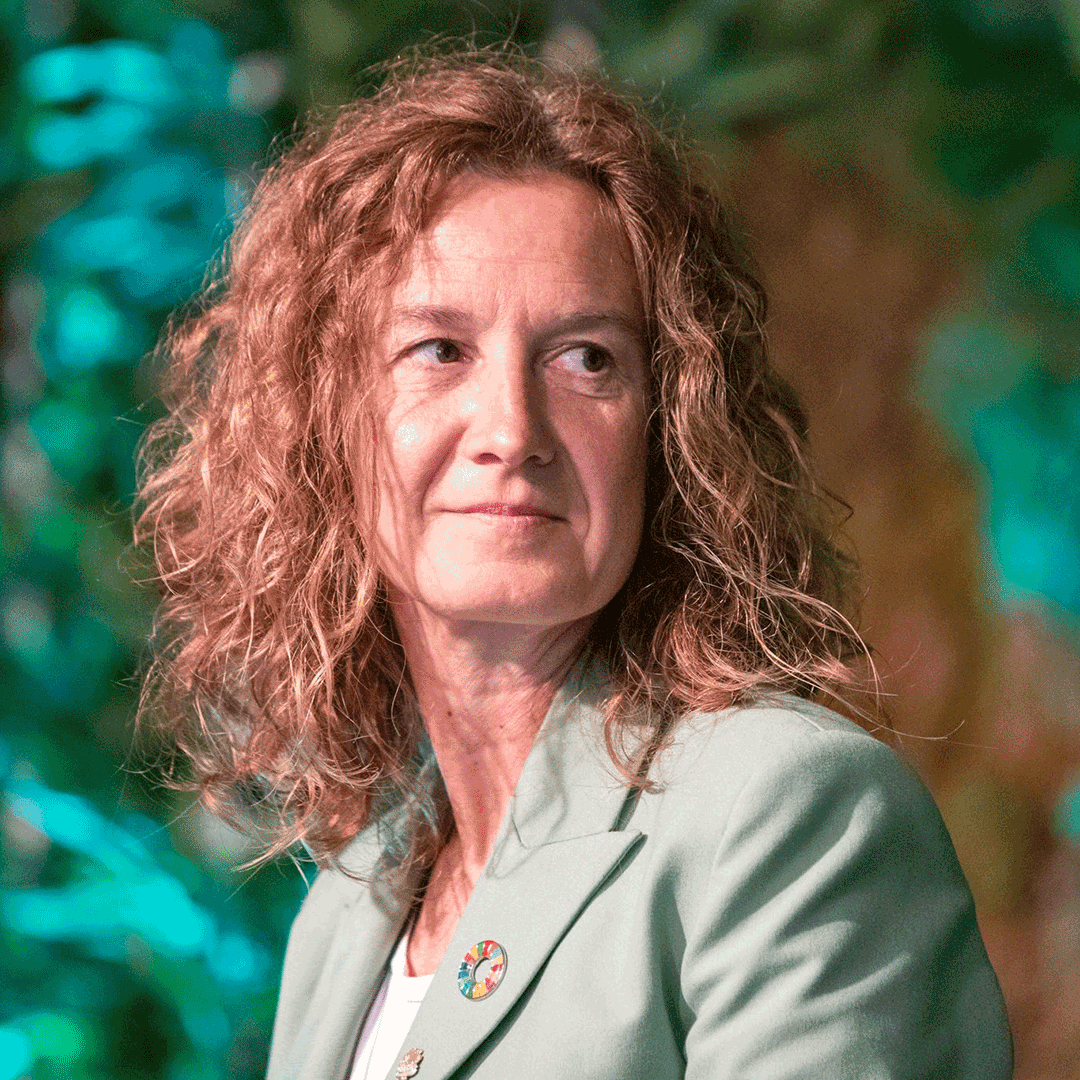
Sílvia Calvó Armengol, Minister of Environment, Agriculture and Sustainability, Andorra

Igli Hasani, Co-ordinator of OSCE Economic and Environmental Activities, Organization for Security and Co-operation in Europe, and Ambassador of Turkmenistan to Austria

Pem Narayan Kandel is the Secretary of the Ministry of Forests and Environment of Nepal. Dr. Kandel holds a master’s degree in natural resource management from the University of Twente in the Netherlands and a PhD in Forestry Science from Tribhuvan University in Nepal in collaboration of Lappeenranta University of Technology, Finland. Dr. Kandel has more than 25 years in the field of biodiversity conservation and protected areas management, forestry, agriculture, fishery and livestock development, integrated landscape and watershed management, national and global forest resource assessment. Further, he has expertise in conservation and sustainable mountain development, forest and climate change, forest resource monitoring, policy analysis and planning, and project management.

Malik Amin Aslam Khan is a Climate Change expert who has served as the Federal Minister for Climate Change/Prime Minister’s Advisor on Climate Change (2018-2022) as well as the elected Global Vice President of the International Union for Conservation of Nature 2012-2021. He previously served as Member of Parliament and the Minister of State for Environment 20022007 and has been the architect of the country’s National Policies on environment and climate change. During this period Malik Amin Aslam was also the Prime Minister’s special envoy for reform of the UN governance system. Malik Amin Aslam has also had the privilege of chairing the G77+China negotiations group and leading Pakistan’s climate change negotiations at various COP meetings since 1999. He was recently selected to serve on the UNEP Governing council and also the high level “International Advisory Council” for the Eco-Forum Global – a leading environmental thinktank of China. In recognition of his contributions towards nature conservation, he was conferred with the prestigious “Tamgha-e-Imtiaz” (National civilian award) by the Government of Pakistan in 2018. Mr Malik is an electrical engineer with an MBA from McGill University and an MSc from Oxford University where he completed his thesis on the utility of the “emissions trading” concept within the context of managing the Climate Change issue.
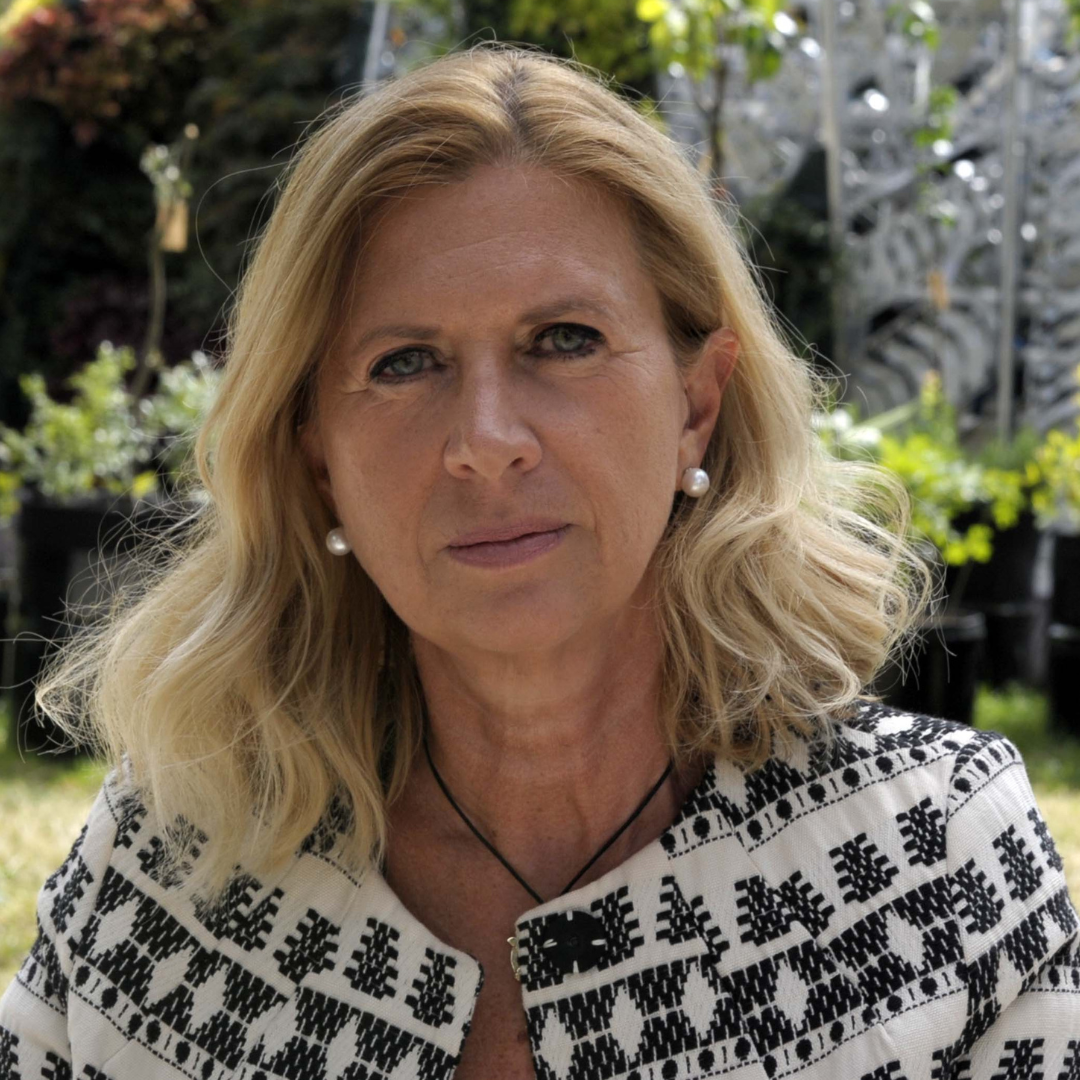
Rosalaura Romeo is currently working as a Programme Officer at the Mountain Partnership Secretariat of the Food and Agriculture Organization of the United Nations (FAO). Her key areas of expertise include sustainable mountain development, agricultural research, forestry research, as well as international processes and advocacy. Ms. Romeo has published studies on the vulnerability of mountain people to food insecurity for the Mountain Partnership, and is also author of publications titled ‘Mountain Farming Systems – Seeds for the Future’ and ‘Mountain Farming is Family Farming’. She has an MSc in Agriculture from the University of Tuscia in Italy and has studied Integrated Watershed Management from the Institute for Resources, Environment and Sustainability at the University of British Columbia in Canada.
Panel 3: Science and knowledge for policy
The recent publication of the IPCC Sixth Assessment Report and its Cross-Chapter Paper 5 on Mountains provides an opportunity to discuss how scientific evidence and traditional knowledge can be used to strengthen the participation of mountain regions in national and international policy processes. Understanding the need for adequate and coordinated support in mountain regions, this discussion will focus on governance, existing processes and structures, communities of practice and traditional knowledge. The session will consider the necessity of an international stewardship reinforced by a transdisciplinary approach that includes all of these four components to promote the mountain-climate-biodiversity nexus and support sustainable mountain development through a science and policy lens.

Carolina Adler is an Environmental Scientist and Geographer with an international career spanning both research and practice in the public and private sectors. In 2017, she was appointed as Executive Director of the Mountain Research Initiative (MRI), a global research coordination network tasked with coordinating scientific research activities and supporting collaborations on global change research in mountains. Alongside her role at the MRI, she is a Lead Author to the Intergovernmental Panel on Climate Change (IPCC)’s Sixth Assessment (AR6), specifically on “High Mountain Areas” and the “Summary for Policy Makers” of the Special Report on the Ocean and Cryosphere in a Changing Climate, adopted by the Panel in 2019, and the Working Group II contribution to AR6 on Impacts Vulnerability and Adaptation, adopted by the Panel in February 2022, in which she also co-lead the Cross-Chapter Paper on “Mountains”.

Björn Alfthan is the Senior Mountain Expert at GRID-Arendal, a Norwegian foundation and collaborating centre of UN Environment Programme. He specializes in translating complex scientific work into accessible, environmental assessments that are used by government policy makers and others. He has worked extensively with ICIMOD and other mountain centres on climate adaptation, waste and biodiversity issues in the Caucasus, Himalayas, East Africa and Balkans. He has recently worked with the Basel, Rotterdam and Stockholm Convention secretariat to undertake a global compendium of solutions to plastic waste in mountain and remote regions, and supports a project in Nepal focussing diverting plastic waste from rivers and strengthening the informal sector in recyling. He serves as an External Assessor for the UIAA Mountain Protection Award.

Lawrence Ignace is Anishinaabe from Lac Des Mille Lacs First Nation within Treaty 3 Northwestern Ontario. He holds a Master’s in Public Administration with an emphasis on Natural Resources Policy from the University of Alaska Southeast. His relationship with mountains significantly strengthened over a decade ago when he moved to Whitehorse, Yukon. During this time, he has held positions with Crown-Indigenous Relations and Northern Affairs Canada, Carcross/Tagish First Nation, Arctic Institute of Community-Based Research and Yukon government. He has a passion for advancing the understanding and use of Indigenous Knowledge. As a PhD student at University of Victoria, his research focuses on the intersection of science and Indigenous knowledge and how we can learn from both worlds to shift our understanding. He is active on the Reference Group for the appropriate review of Indigenous research established by the three federal research funding agencies and Protect our Winters Science Alliance.

Alexandra Mackey works as a Project Manager at Zoï Environment Network, working on climate change adaptation, air quality management, and the communication of sustainability issues with a wide range of audiences. As a coordinator of Outcomes 3 and 4 for Adaptation at Altitude, she helps to promote knowledge sharing about climate change in mountain regions and mainstreaming into global policy processes.
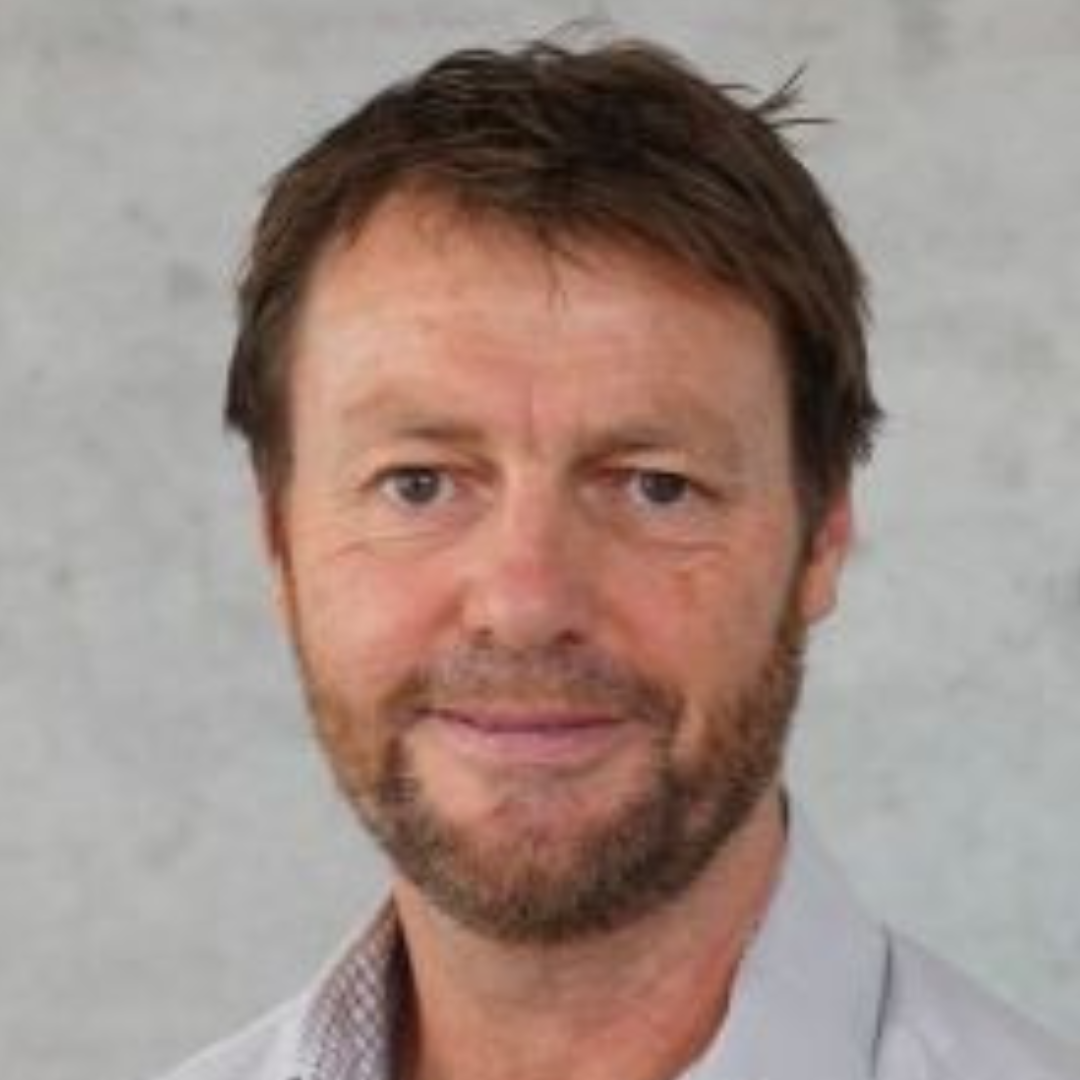
Stefan Schneiderbauer is a geographer with a Phd in Geosciences. He heads the Bolzano/Italy office of Global Mountain Safeguard Research (GLOMOS), a joint programme of the United Nations University and Eurac Research. He has 30 years of working experience in natural resource management of which the last 20 years focused on climate change adaptation and disaster risk reduction with an emphasis on mountain regions. Dr. Schneiderbauer has 15 years+ experience in climate risk related community vulnerability and resilience analysis particularly in low income developed countries. He has managed numerous international and multi-stakeholder projects in the context of applied research as well as development cooperation. He is co-author for risk and vulnerability related chapters within the European Commission’s report series on ‘Science for Disaster Risk Management’ and of the GIZ Vulnerability Sourcebook as well as its supplements on Risk Assessment Ecosystem-based Adaptation (EbA).
Panel 4: Innovation, infrastructure and digital connectivity
Digitalization has enormous potential to transform life and opportunities in rural and remote areas especially in mountain areas. With less than eight years to the expiration of the 2030 Agenda for Sustainable Development and in a post COVID-19 era, issues of remoteness and accessibility, lack of services, sparseness of population and businesses can be turned into opportunities. This session will consider different pathways for accelerating action in the next years. It will focus on opportunities and challenges of implementing innovative solutions and how this relates closely to infrastructure and digital inclusivity.
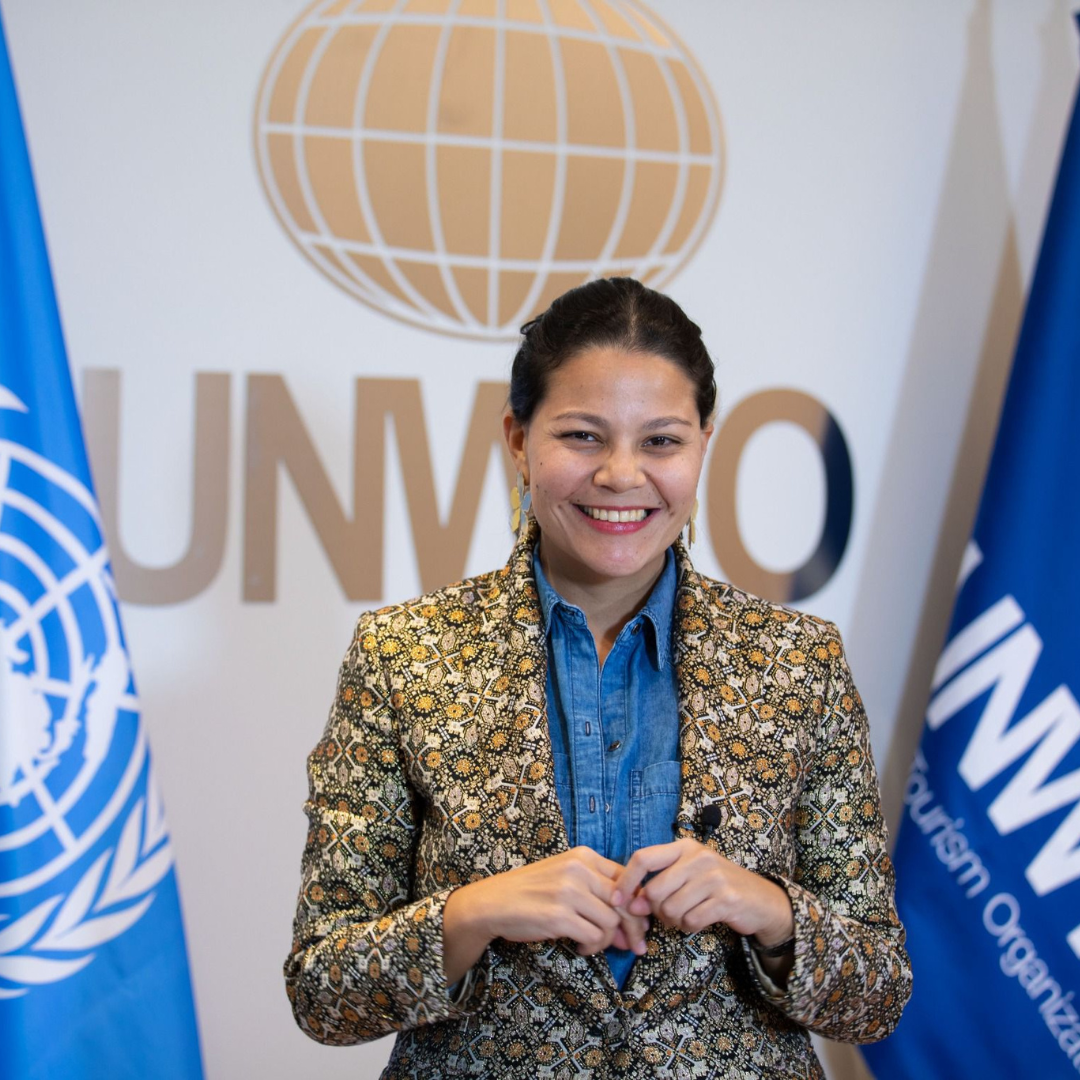
Natalia Bayona leads the innovation, education and investments strategy of the World Tourism Organization (UNWTO), the United Nations specialized agency for the promotion of responsible, sustainable and accessible tourism worldwide. With a diverse background on politics, destination management and business, she has become the first innovation director at UNWTO, has introduced entrepreneurship and education as key factors for tourism and development, and has positioned UNWTO as an innovation benchmark within the wider United Nations system as recognized in the UN 2020 Mapping of Innovation, Data and Digital Capacities. Furthermore, she has joined the UN Executive Leadership Programme for Sustainable Development led by the UN System Staff College (UNSSC).

Arjun Gupta is the founder and Chief Believer of TeleSoft Partners, a special situations venture capital firm focused on high-tech and energy value chain companies. In addition to being a successful tech entrepreneur, Arjun is a creative leader that identifies with mountains. Arjun Gupta has over 20 years of experience working with technology companies in venture capital, consulting and design engineering roles. In 2001, Arjun also started the Arjun Gupta Family Foundation to support projects in education, medical research, performing arts, the environment and other community endeavours in Africa, India and the USA. In addition to building companies, Arjun is a passionate outdoorsman. He has an MBA from Stanford University, an MS and BS in Computer Science (Phi Beta Kappa) from Washington State University, and a BA (Honors) in Economics from St Stephens College (India). He is a Henry Crown Fellow and a Trustee of the Aspen Institute, and an Advanced Leadership Fellow from Harvard University.

Lizette Huezo is the Director of the Department of Entrepreneurship in the Western Region of Tecnológico de Monterrey. She has a degree in Business Administration, and a Master in Engineering in Quality and Productivity Systems from the Tecnológico de Monterrey, and a PhD in Business Sciences from the University of Cantabria, Spain. She has taught entrepreneurship for several years and has published case publications, chapters (books), and research papers. She has Certificates in Entrepreneurship (MASHAV, Babson, Alibaba), presentations at conferences in different countries, participates in forums (Senacyt-IDB) in Panama, is on a jury in international competitions, and is a participant in discussions within the framework of the member assemblies of the OAS. She is part of the directory of the board of Young Americas Business Trust, belongs as a member of the BMW Foundation Responsible Leaders Network, and belongs to the National Research System in México.
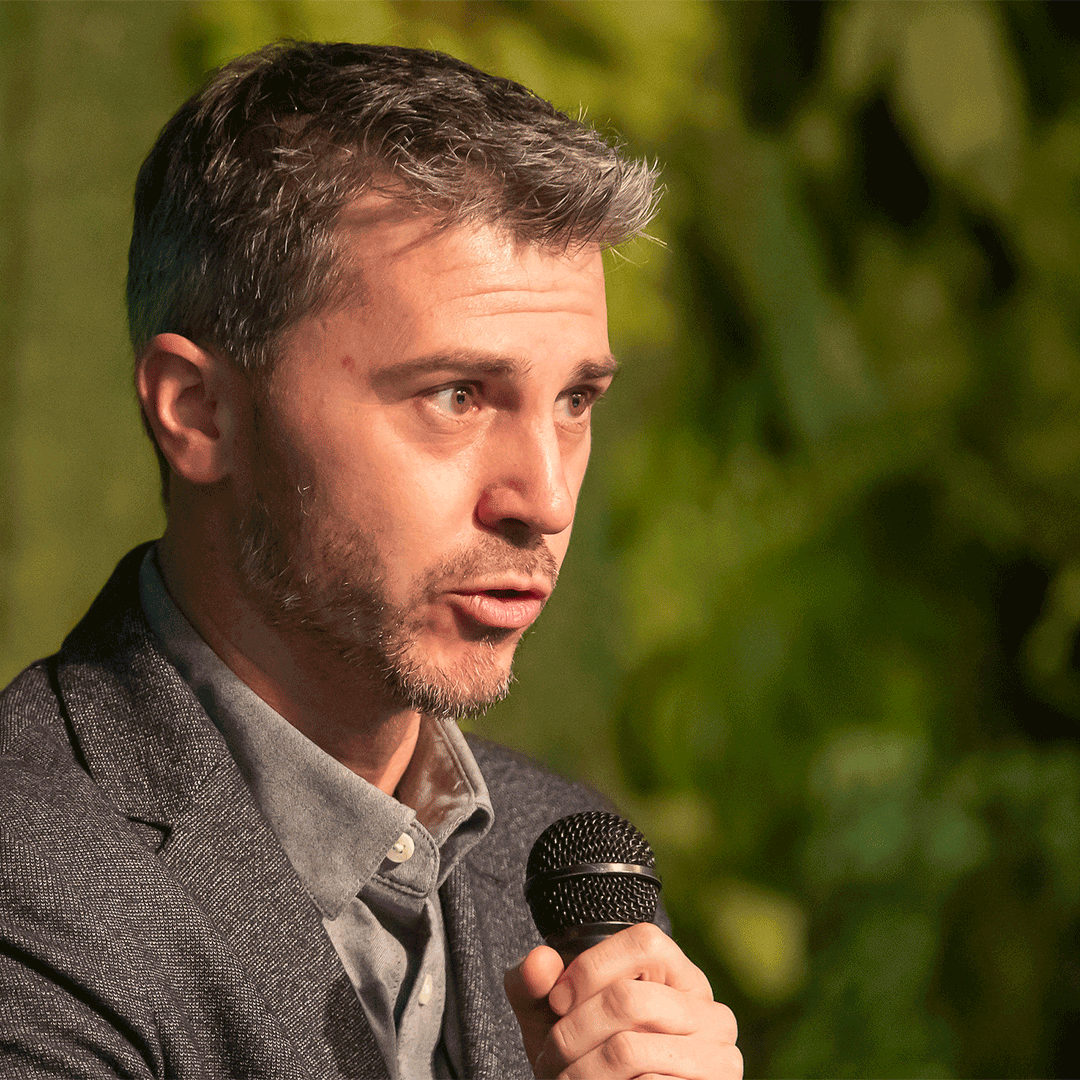
Marc Pons, Executive Director, Andorra Research for Innovation

Onno Ruhl is the first General Manager of the Aga Khan Agency for Habitat, an agency of the Aga Khan Development Network. In this position, Onno is leading the creation of a new agency, which will focus on improving the habitat and resilience of communities in South and Central Asia. Prior to his appointment, Onno has been Country Director for India at the World Bank, based in New Delhi. He was responsible for managing the World Bank's portfolio in India, valued at $25 billion. In a career with the World Bank for over two decades, he has been Director for Operations Services and Quality in the South Asia Region of the World Bank, Country Director for Nigeria, Manager for Results and Learning in the Africa Region of the World Bank, and Country Manager for the Democratic Republic of the Congo. Before joining the World Bank in 1993, he was a career diplomat with the Netherlands Foreign Service.
Global Meeting Countdown
00
DAYS
00
HOURS
00
MINS
00
SECS
Receive Updates
Add your name to the AIMF Global Meeting planning team email list.
By clicking "Subscribe" you agree to receive email communications from the Aspen International Mountain Foundation (AIMF) Global Meeting planning team (mountainsmatteraspen.com). You can opt-out at any time by clicking the unsubscribe link in the footer of any email you receive from us.

